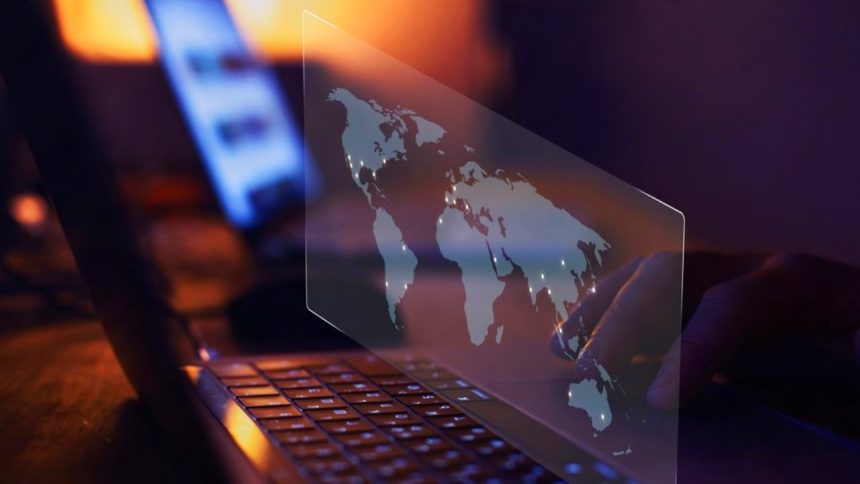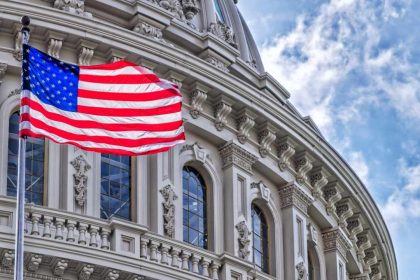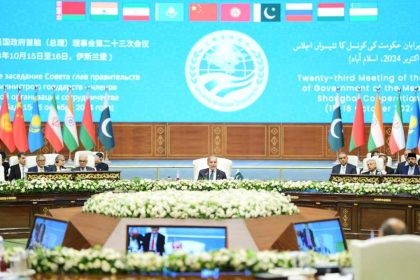Despite successive governments’ claims of promoting digitalization in the country and supporting the Information Technology industry, the persistent internet blackouts have been causing significant damages to the country.
According to the report issued by the Overseas Investors Chamber of Commerce and Industry (OICCI), persistent internet disruption led to a 0.57 percent loss to the Gross Domestic Product (GDP) of Pakistan in 2023. This figure translates to Rs1.3 billion. Similarly, when indirect losses are considered, the internet blackouts caused a total damage of Rs1.7 billion.
The coronavirus pandemic pushed Pakistan, alongside the rest of the world, to fast-track digitalization. Sectors that were previously reluctant to adapt to changing patterns were forced to accept the new reality. Similarly, many entrepreneurial initiatives picked up pace, particularly startups in the ecommerce domain.
However, due to domestic issues, Pakistan was not able to ride the wave. In 2023, an internet shutdown in August, slashed 30 percent revenue of e-commerce platforms. This underscores the way infrastructural issues had been clipping the wings of a booming industry. Moreover, when these factors are considered, it serves to explain why there is a lack of sizeable investment in Pakistan’s IT sector.
Pakistan tops cybersecurity index
The International Telecommunication Union’s (ITU) Global Cybersecurity Index 2024 ranked Pakistan at the first slot among hundreds of countries as per their cybersecurity status. This is a testament to Pakistan’s performance in this domain.
The states with the best performance in this sector are ranked in Tier 1, with a score of 95-100, whereas those in the Tier 2, Tier 3, Tier 4 and Tier 5 have scores of 85-95, 55-85, 20-55, 0-20, respectively.
Pakistan is ranked in the Tier 1, alongside states such as Australia, Germany, United States, Italy, Bahrain and Oman. This tier is meant to act as a role model to others. This is a significant improvement for Pakistan, as the country was ranked 79th in the last report.
Minister of State for Information and Technology and Telecommunication Shaza Fatima Khawaja lauded this development, saying that Pakistan was able to get here by implementing legal measures, spearheading capacity-building initiatives, besides other steps taken to improve its cybersecurity infrastructure.
It is worth mentioning here that the government recently stated that the internet slowdown experienced by the country for the past couple of months was due to steps being taken to improve the cybersecurity infrastructure of the country.
Opposing the government’s stance, activists alleged that the government was in the process of implementing a national firewall to regulate the internet, and subsequently curb dissent. Meanwhile, voices emerged from the IT industry, criticizing the government for ignoring their predicament, especially as they faced major losses and their businesses nearly came to a halt.
















